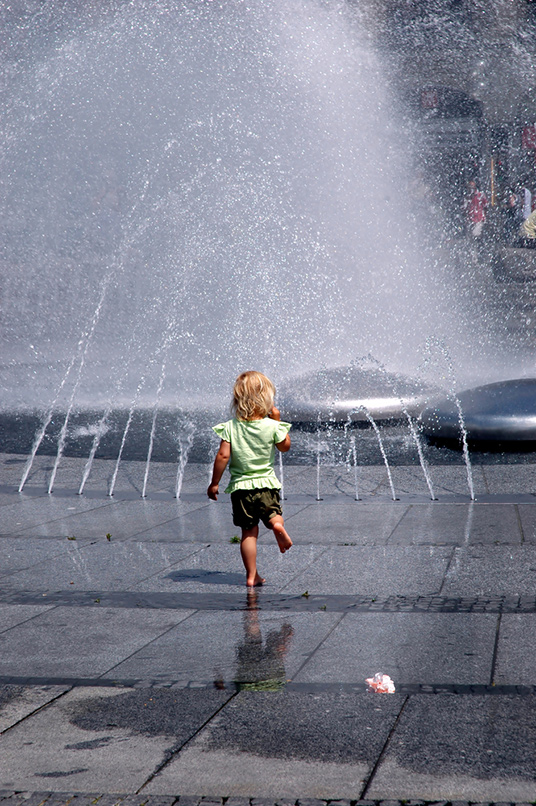Ask NASA Climate | December 17, 2013, 14:55 PST
Selective memory
The power of negative thinking

By Carol Rasmussen
“You’re entitled to your own opinions, but not your own facts,” Sen. Daniel Patrick Moynihan once said. But can our opinions change our perception of the facts? A new study suggests that when it comes to a disbelief in climate change, the answer may be yes.
Peter Howe (Utah State University) and Anthony Leiserowitz (Yale University) did a national survey of about 1,000 respondents who were chosen from a panel of 50,000 to mirror the U.S. population geographically, demographically and in their opinion about climate change. It asked four simple questions about weather: In your local area, was last summer hotter than usual, cooler or about normal? Was it wetter, drier or normal? What about last winter – hotter or cooler? Wetter or drier?
The two scientists have collaborated before on studies of people’s attitudes toward climate change. Leiserowitz is the director of the Yale Project on Climate Change Communication, and Howe previously worked in that group. The Yale project has classified Americans into six distinct categories of opinion on the subject, ranging from those who are taking action against climate change to those who dismiss it as a hoax. The new study used the same six categories to classify its respondents.
For three of the four weather questions, Americans in every category proved to have equally accurate memories. Those who experienced warmer or colder winters, wetter or drier winters, and wetter or drier summers reported these results with a fair degree of faithfulness to meteorological data for their own locale. Their memories diverged only in the category that is most closely associated with climate change in people’s minds: summer heat.
The summer of 2010 was warmer than normal for 86 percent of the U.S. population and the hottest on record along much of the east coast of the U.S. The survey found that people’s “beliefs” about climate change – not their age, education level, ethnicity or gender – had the biggest influence on whether or not they remembered this fact. The more strongly a person held the opinion that there’s no such thing as climate change, the less that person was likely to remember the hot summer. The most fervent disbelievers were 40 percent less likely to report the hotter-than-normal summer they had experienced than were those most concerned about climate change.
Belief in the factual basis of climate change, on the other hand, didn’t appear to overheat people’s memories. Climate change believers who lived in places where the summer of 2010 was colder than usual reported that fact as accurately as any other belief group.
Although local weather is not a good analog for global climate change, almost everyone thinks and acts as if it were. If a ferocious disbelief in climate change makes people less able to remember weather that might challenge their opinion, it’s hard to imagine what evidence would convince them. On the other hand, the most determined disbelievers make up only 18 percent of the population. For the other 82 percent of Americans, a really hot summer is getting harder and harder to forget.
Related links:
P. Howe & A. Leiserowitz, “Who remembers a hot summer or cold winter? The asymmetric effect of beliefs about global warming on perceptions of local climate conditions in the U.S.”, Global Environ. Change, (2013).
A. Leiserowitz et al., “Global Warming’s Six Americas, September 2012”, Yale University and George Mason University (2013).
